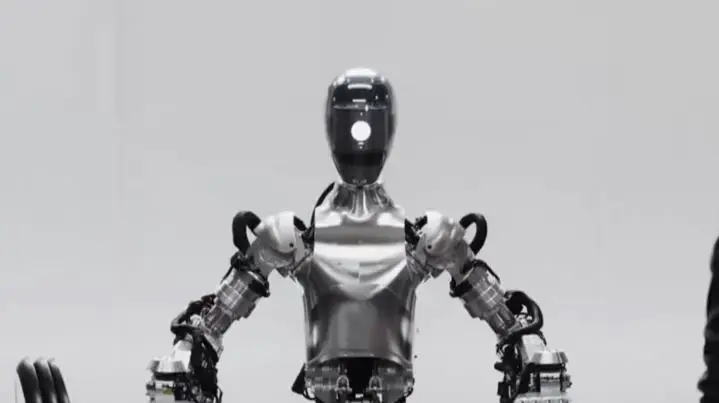This is a highly controversial new investigative technique. Despite the opposition of the left, lawyers and associations defending freedom on the Internet, the Senate adopted Wednesday evening article 3 of the Justice bill carried by Eric Dupond-Moretti. It contains several provisions that modify criminal procedure, one of which has given rise to lively debate.
In some cases, this measure includes allowing investigators to remotely activate the computers, mobile phones and other connected devices of the targeted persons, without their knowledge.
Who can be targeted?
In cases involving a felony or misdemeanour punishable by at least 10 years in prison, investigators will be able to remotely activate the device's geolocation system to track the targeted person in real time. In the initial text, this procedure concerned offences punishable by at least 5 years in prison but an amendment by the president of the LR group, Bruno Retailleau, raising it to 10 years was adopted in session.
In cases of terrorism, delinquency and organized crime, police services will be able to remotely activate the microphone and camera of the device, even if they are not activated, to capture sound and images. In both situations, these procedures must be authorized by the public prosecutor or the investigating judge.
Law enforcement already uses surveillance and wiretapping techniques, such as placing beacons under a car or snitches on suspects, for example. But "the fear of attracting the attention of offenders being investigated for acts of organized crime, of revealing the established strategy or simply because it would expose the lives of the officers in charge of this mission" justifies the implementation of these new tools, according to the Ministry of Justice. They are also "surrounded by important guarantees," said the minister, Eric Dupond-Moretti.
Lawyers, magistrates and parliamentarians will, for example, not be concerned. The recording of sounds and images is also prohibited in certain places (medical offices, press companies, journalists' homes, notaries' offices and bailiffs), says Public Sénat.
Why are these techniques considered problematic?
During the debates, the ecologist senator, Guy Benarroche denounced a measure "particularly serious invasion of privacy because the capture also concerns third parties". And to illustrate: "The suspect will take his cell phone in the subway. All the conversations around will also be captured. Same, if he goes to a restaurant. Any conversation in the public space is then potentially under tapping. The case could also arise when the suspect exchanges with his lawyer, he pointed out.
In a press release published on May 31, the Observatory of Freedoms and Digital (ONL) had described this article 3 as a "security one-upmanship of the government" to transform any connected object into a potential "snitch". Indeed, according to the ONL, "all digital objects with a microphone, a camera or location sensors" could be "hacked", citing for example baby phones, voice assistants, GPS of a car or a connected watch.
The method of "hacking" is itself singled out. The investigators "will use the security flaws of the devices," explains to the Parisian Bastien Le Querrec, lawyer at La Quadrature du Net, member of the ONL. "While the government should seek to correct them to protect users, it will use them in these investigations, and thus maintain these vulnerabilities," he said, while denouncing "a new form of worrying surveillance, totally disproportionate".
Read alsoWhatsApp: update the application after the discovery of two critical security flaws
Why is their usefulness questioned?
Patrick Baudouin, lawyer and president of the Ligue des droits de l'Homme (LDH), also a member of the ONL, questions the usefulness of these tools. While he does not deny the importance of the fight against crime and terrorism, he believes that "the police already have sufficient means to control and monitor movements". With these new techniques "we are taking surveillance to a new level, with an absolute intrusive scope".
He also fears "abuses" and that these tools will be used "more widely" than the framework that is planned: "This type of device can very quickly extend to alleged very serious crimes, which are in fact of a different order but that we will try to bring into this register", fearing in particular for what is qualified as ecoterrorist acts.
The bill that regulates these measures is currently being discussed at first reading in the Senate and will then be debated in the National Assembly. The text may still be amended.









